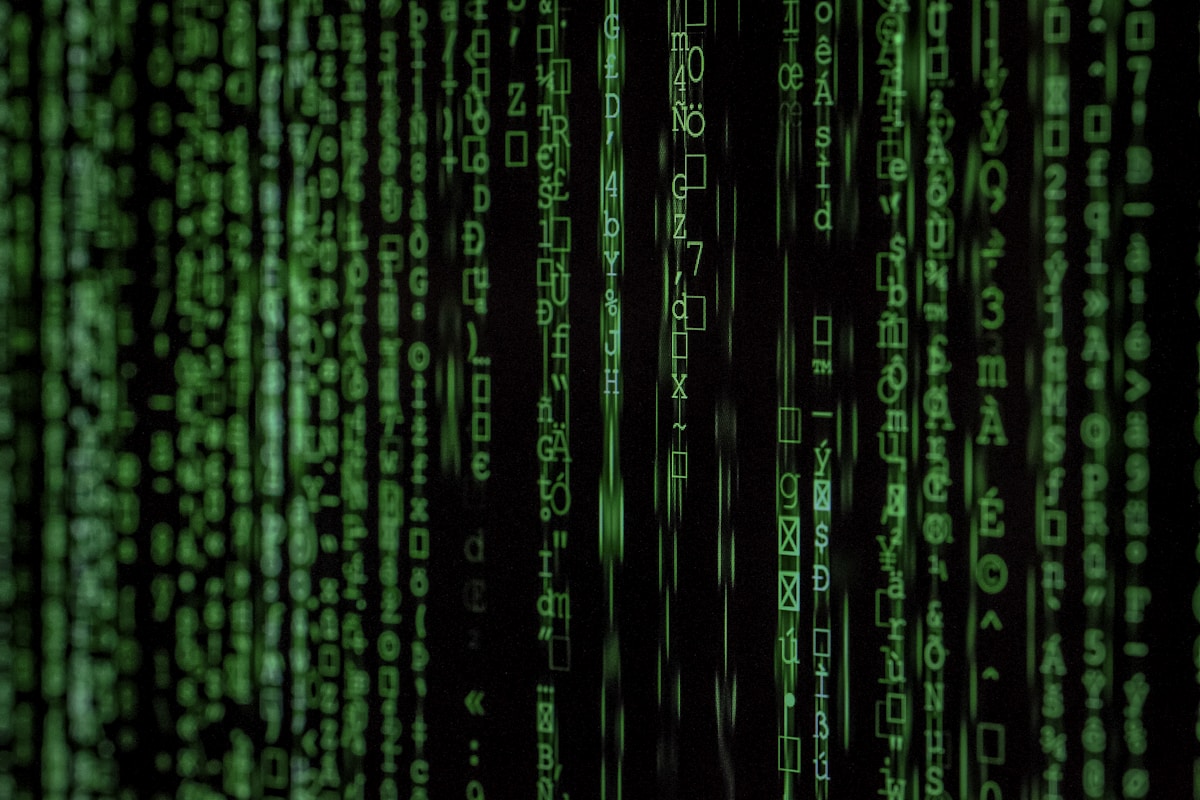Look, I've been writing code for about a decade now, and finding security vulnerabilities has always been that thing that makes you feel like a detective—or an idiot, depending on which side of the discovery you're on. Last week OpenAI dropped something called Aardvark, and honestly, I had to sit with this one for a bit.
What Even Is Aardvark?
Aardvark is OpenAI's GPT-5-powered autonomous agent that monitors code repositories, identifies security vulnerabilities, assesses how exploitable they are, and then proposes fixes. It's basically a security researcher that never sleeps, never gets tired, and doesn't need coffee breaks.
The wild part? It doesn't use traditional methods like fuzzing or software composition analysis. Instead, it reads code and analyzes it the way a human security researcher would —except it can do this continuously across your entire codebase without ever taking a vacation.
The Numbers Are... Honestly Impressive
I tried to be skeptical about this. Really, I did. But in benchmark testing on repositories with known vulnerabilities, Aardvark hit a 92% detection rate. That's better than most human security teams can manage, and definitely better than my track record of "oh crap, how did I miss that?"
OpenAI's been running it internally for several months and it's already helped discover ten vulnerabilities that got official CVE identifiers. These aren't theoretical bugs—they're real exploits in real codebases.
How It Actually Works
The system has this multi-stage pipeline that's actually kind of elegant. First, it analyzes your full repository to build a threat model. Then it scans commits as new code gets added, checking everything against that threat model and the entire codebase.
But here's where it gets interesting: when Aardvark finds a vulnerability, it doesn't just flag it. It validates the exploit in a sandboxed environment to confirm it's actually exploitable, then generates a targeted patch. So you're not just getting "hey this might be a problem"—you're getting "this IS a problem, here's proof, and here's how to fix it."
My Mixed Feelings About This
On one hand, this is incredible. Software security is genuinely one of the hardest problems in tech, with tens of thousands of new vulnerabilities discovered every year. Having an AI agent that can catch these before attackers do? That's huge for anyone running production systems.
On the other hand... I spent years getting good at this exact skill. Finding subtle security flaws used to be something that required deep expertise and intuition. Now there's a bot that can do it better, faster, and cheaper than hiring a whole security team.
I'm not doom-posting about AI taking jobs—that's not really my style. But I am wondering what "security researcher" even means in a world where Aardvark exists. Maybe it shifts to being more about validating what the AI finds and making strategic decisions? I don't know yet.
The Bigger Picture
Aardvark is currently in private beta, and OpenAI's planning to offer free scanning to select non-commercial open-source projects. That's actually pretty cool for the broader software ecosystem—open source projects often don't have the resources for thorough security audits.
What I'm watching for is how this plays out in real development workflows. Will it create alert fatigue? Will developers start to over-rely on it and stop thinking critically about security? Or will it genuinely make software safer for everyone?
For now, I'm cautiously optimistic but definitely keeping an eye on this space. The technology is impressive as hell, even if it does make me reconsider what my specialized skills are worth in 2025.
If you want to join the private beta, OpenAI's accepting applications. Just know that you might be ushering in a future where the best security researcher on your team isn't technically on your payroll—or human.
